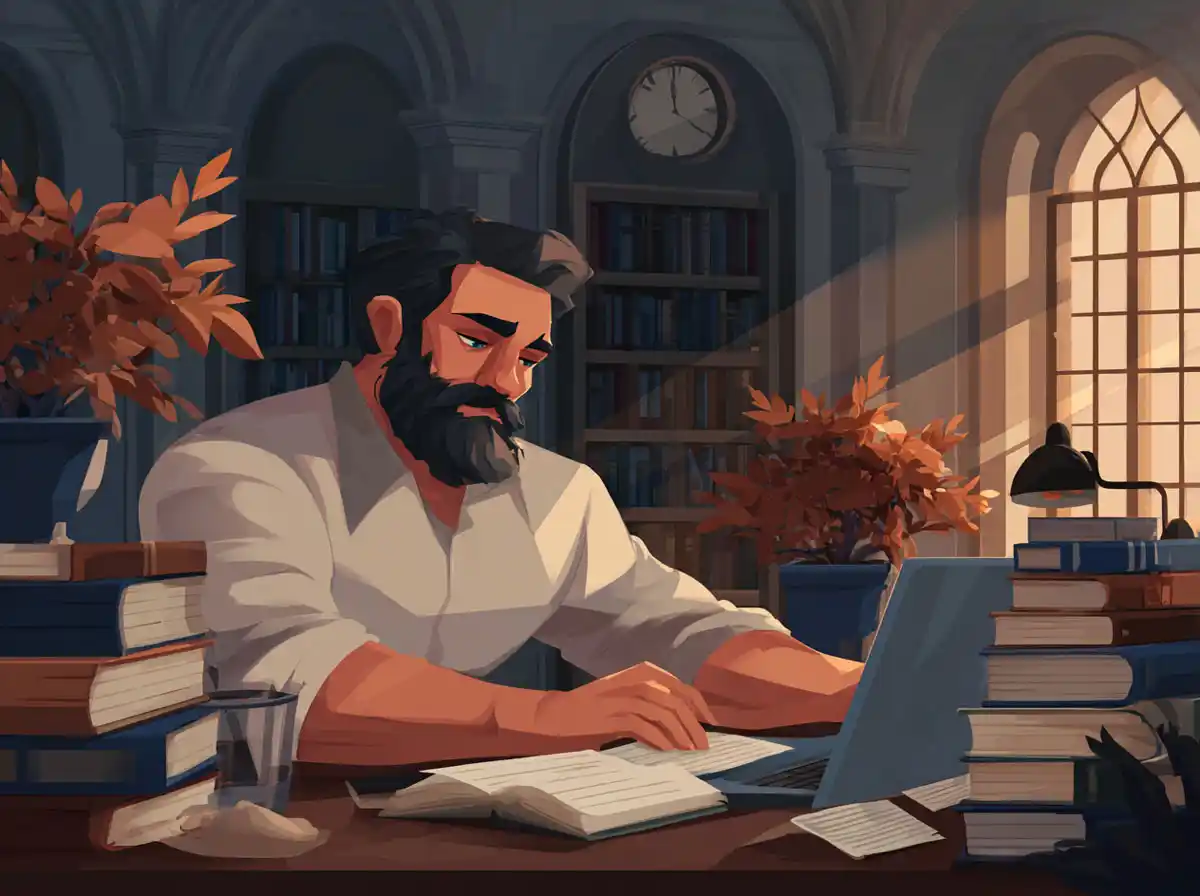Музыка (Music)
Музыка is the Russian word for “music.” It’s a universal form of art that transcends cultures but can be distinctly Russian in style and interpretation.
Вечером мы слушали русскую классическую музыку. (In the evening, we listened to Russian classical music.)
Художник (Artist)
Художник pertains to a visual artist, someone who creates art through mediums such as painting, sculpture, or drawing.
Этот художник известен своими пейзажами. (This artist is known for his landscapes.)
Литература (Literature)
Литература refers to literature, a body of written works, especially those considered artistic and intellectually valuable.
Русская литература знаменита во всём мире. (Russian literature is famous all over the world.)
Картина (Painting)
Картина means a painting, a piece of art created with paint on a surface like canvas.
В музее висела картина знаменитого русского художника. (A painting by a famous Russian artist was hanging in the museum.)
Симфония (Symphony)
Симфония refers to a symphony, an extended musical composition usually for orchestra and often comprising several movements.
Вчера мы слушали Симфонию Чайковского. (Yesterday, we listened to Tchaikovsky’s Symphony.)
Роман (Novel)
Роман signifies a novel in the literary sense, an extended work of fiction.
Она читает роман Достоевского на оригинальном языке. (She is reading Dostoevsky’s novel in the original language.)
Опера (Opera)
Опера is the term for “opera,” a theatrical work combining text (libretto) and a musical score, usually in a dramatic context.
Мы купили билеты на оперу ‘Евгений Онегин’. (We bought tickets to the opera ‘Eugene Onegin.’)
Статуя (Statue)
Статуя means a statue, a three-dimensional work of art, typically representing a person or an animal.
В центре города стоит статуя Пушкина. (There is a statue of Pushkin in the city center.)
Поэзия (Poetry)
Поэзия is the Russian word for “poetry,” a form of literature that uses aesthetic and rhythmic qualities of language.
Он предпочитает читать русскую поэзию вечерами. (He prefers to read Russian poetry in the evenings.)
Балет (Ballet)
Балет in Russian means “ballet,” a highly technical form of dance with its own vocabulary based on French terminology.
Балет ‘Лебединое озеро’ всегда привлекает много зрителей. (The ballet ‘Swan Lake’ always attracts a lot of spectators.)
Фреска (Fresco)
Фреска is a fresco, a technique of mural painting executed upon wet lime plaster.
Фрески в этой церкви датируются 16 веком. (The frescoes in this church date back to the 16th century.)
Understanding these terms will not only enhance your appreciation for Russian culture but will also expand your vocabulary and improve your conversational skills in the language. Whether you’re discussing Музыка, admiring a Картина, or diving into a classic Роман, you’ll be better equipped to engage with native speakers and enjoy the rich heritage of Russian music, art, and literature.










